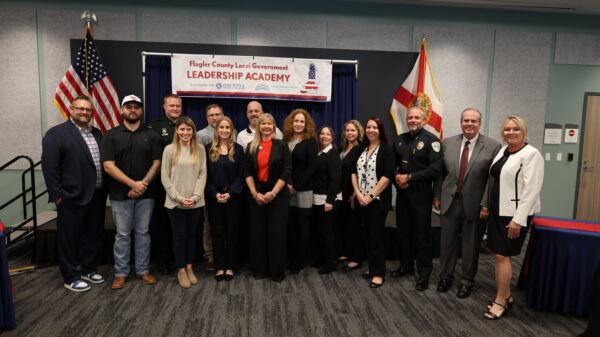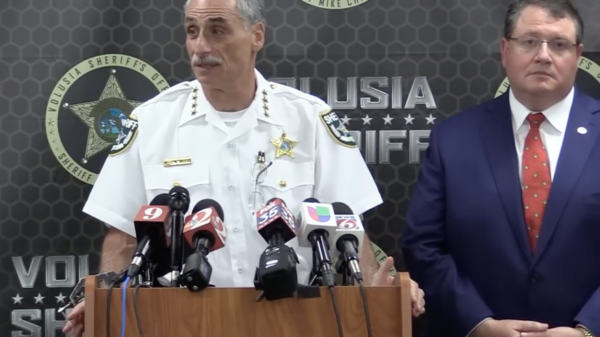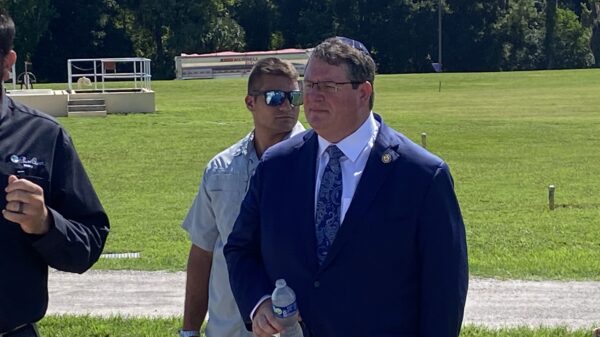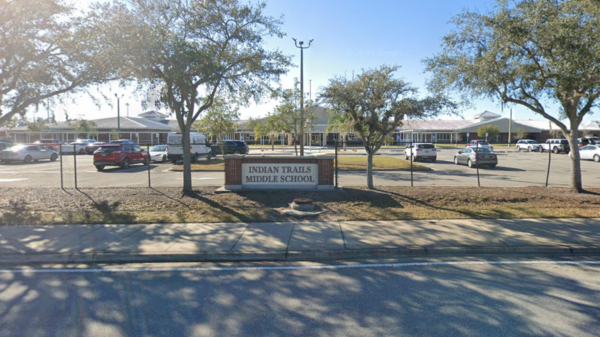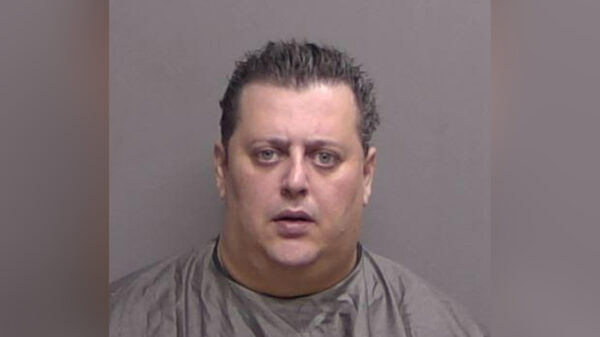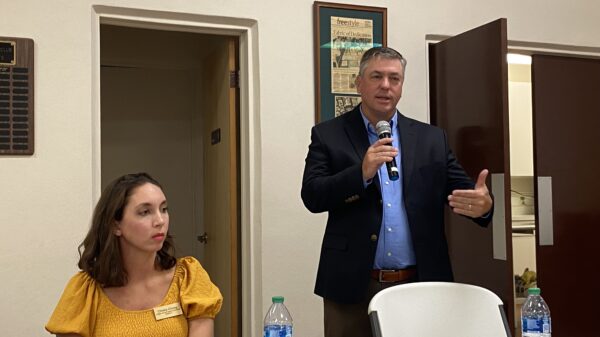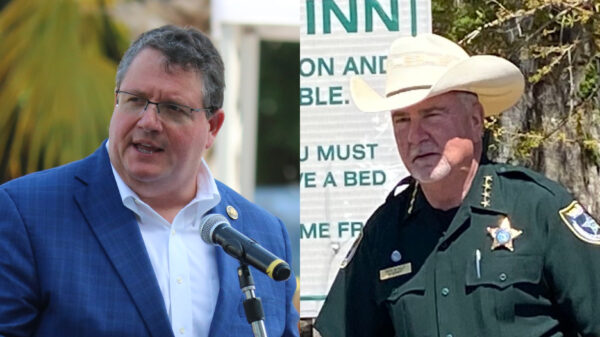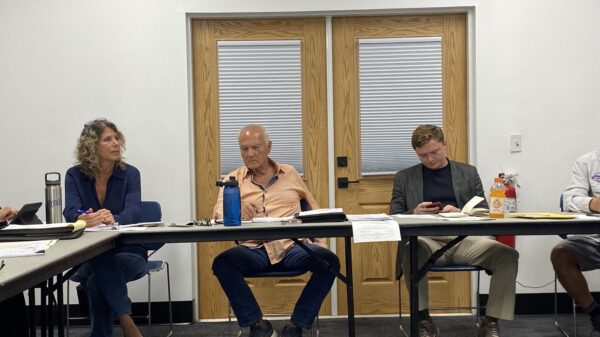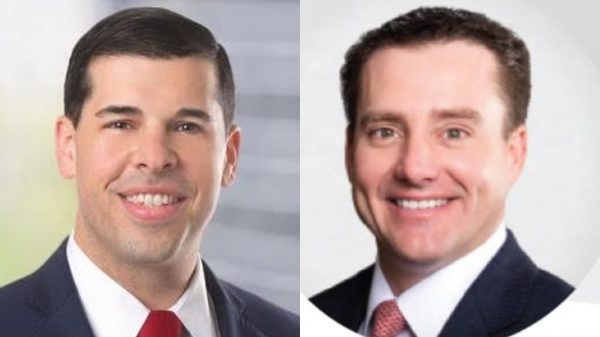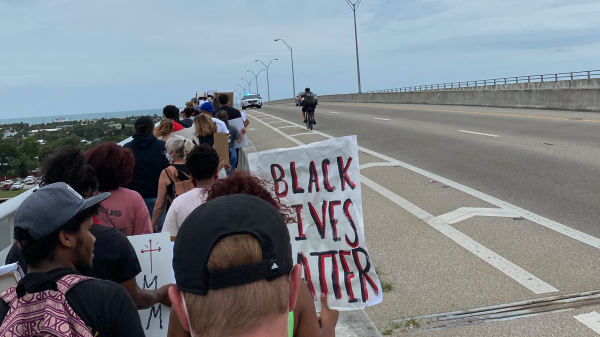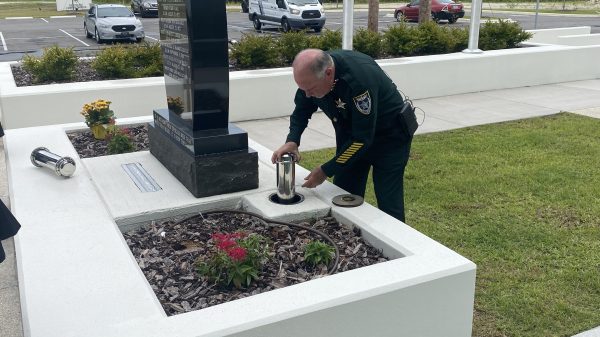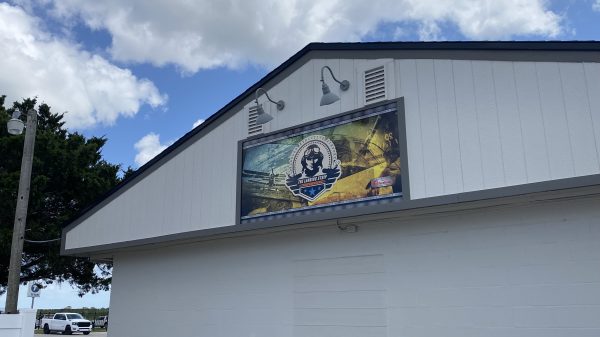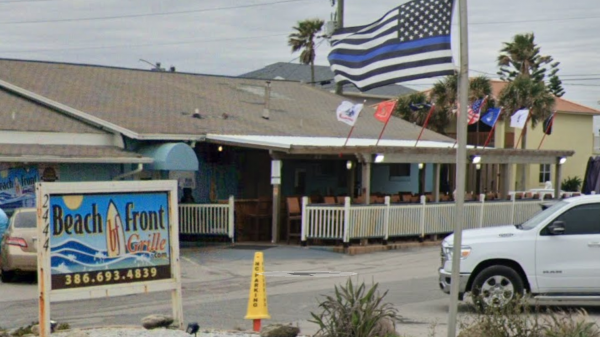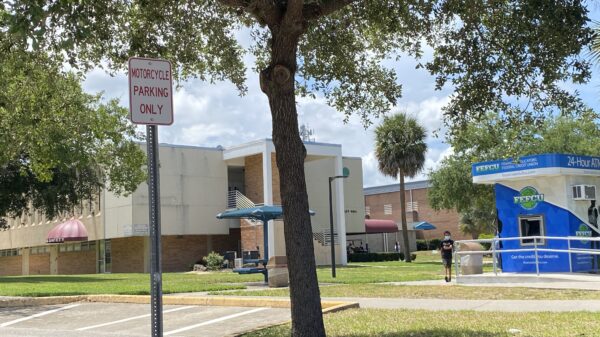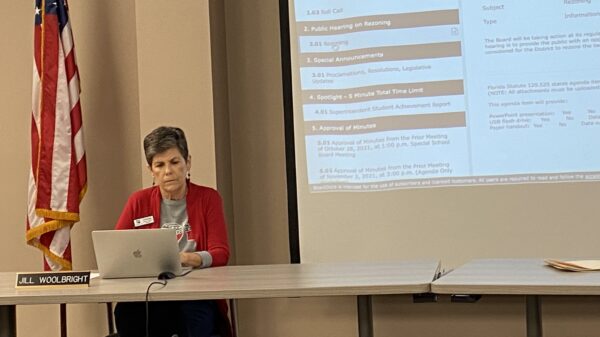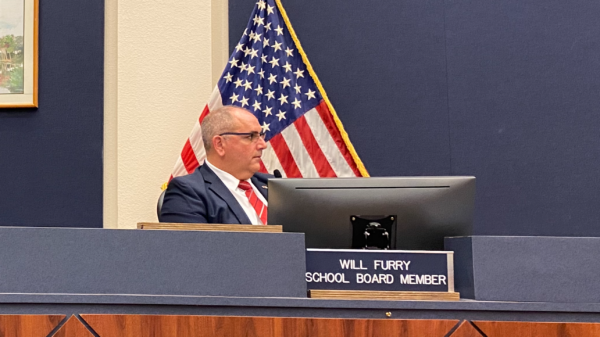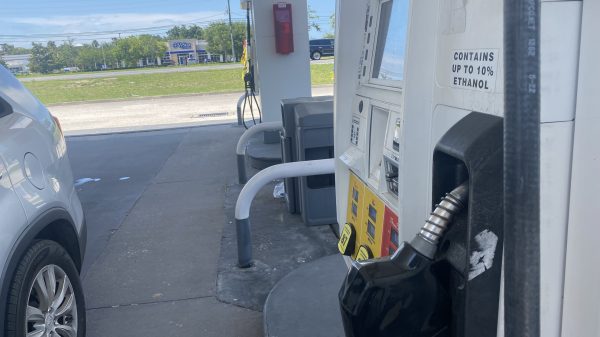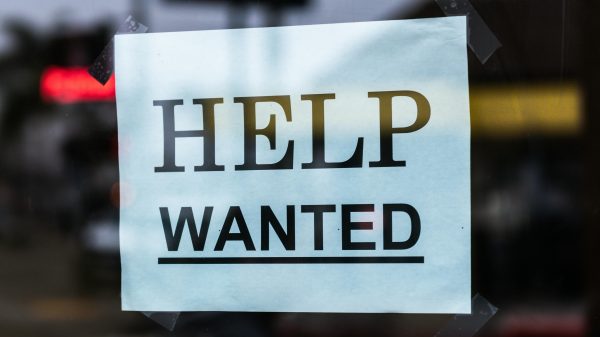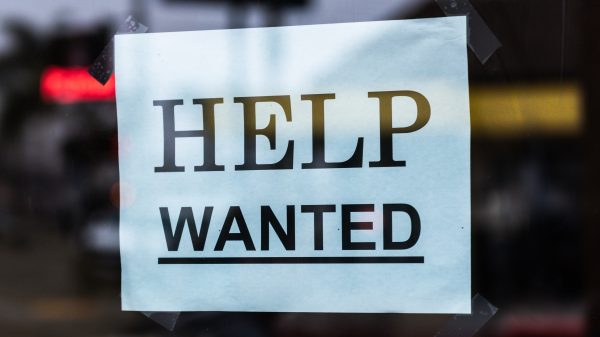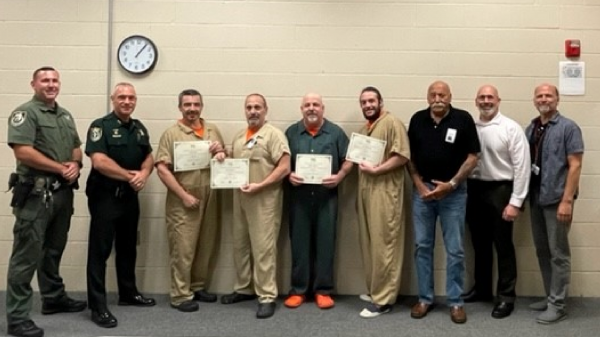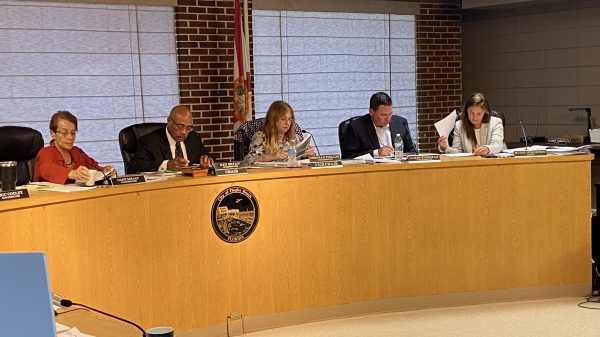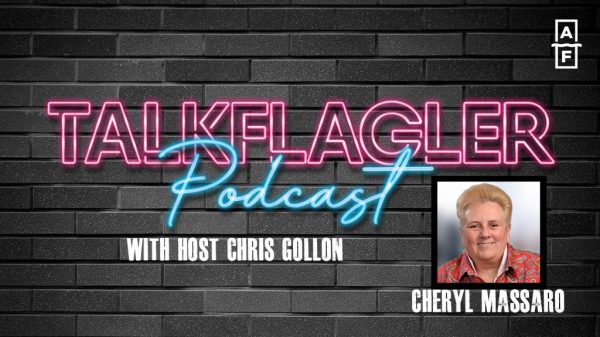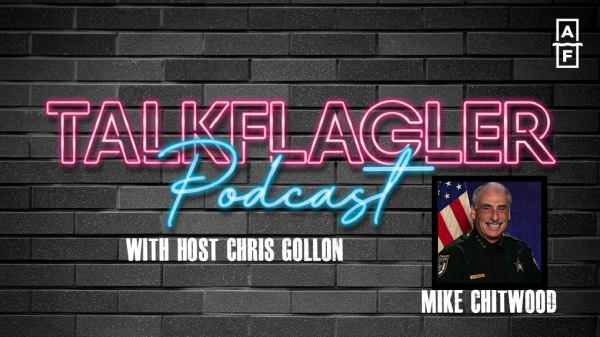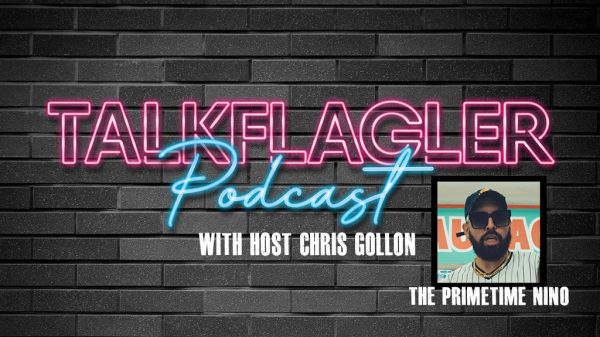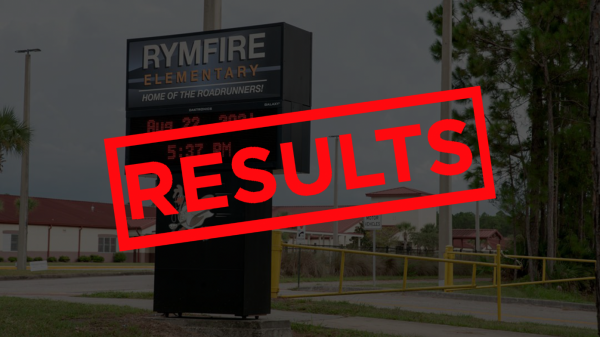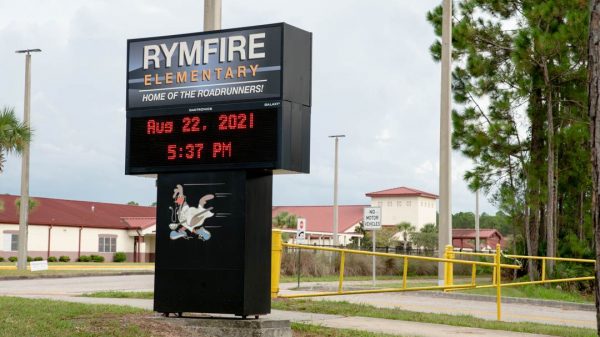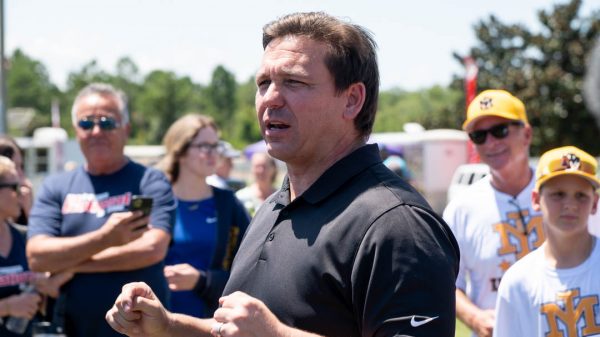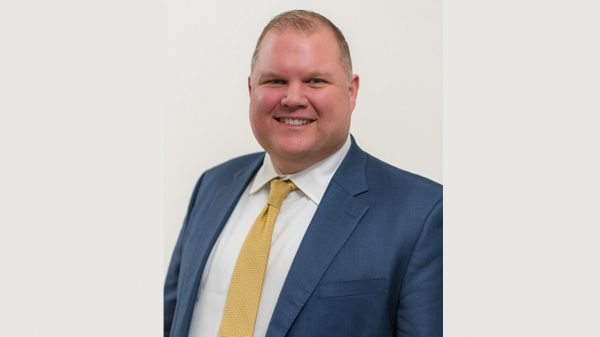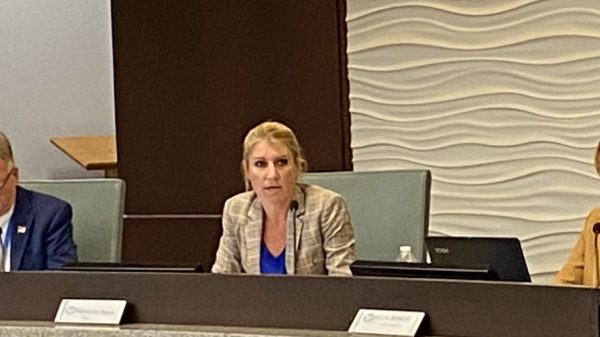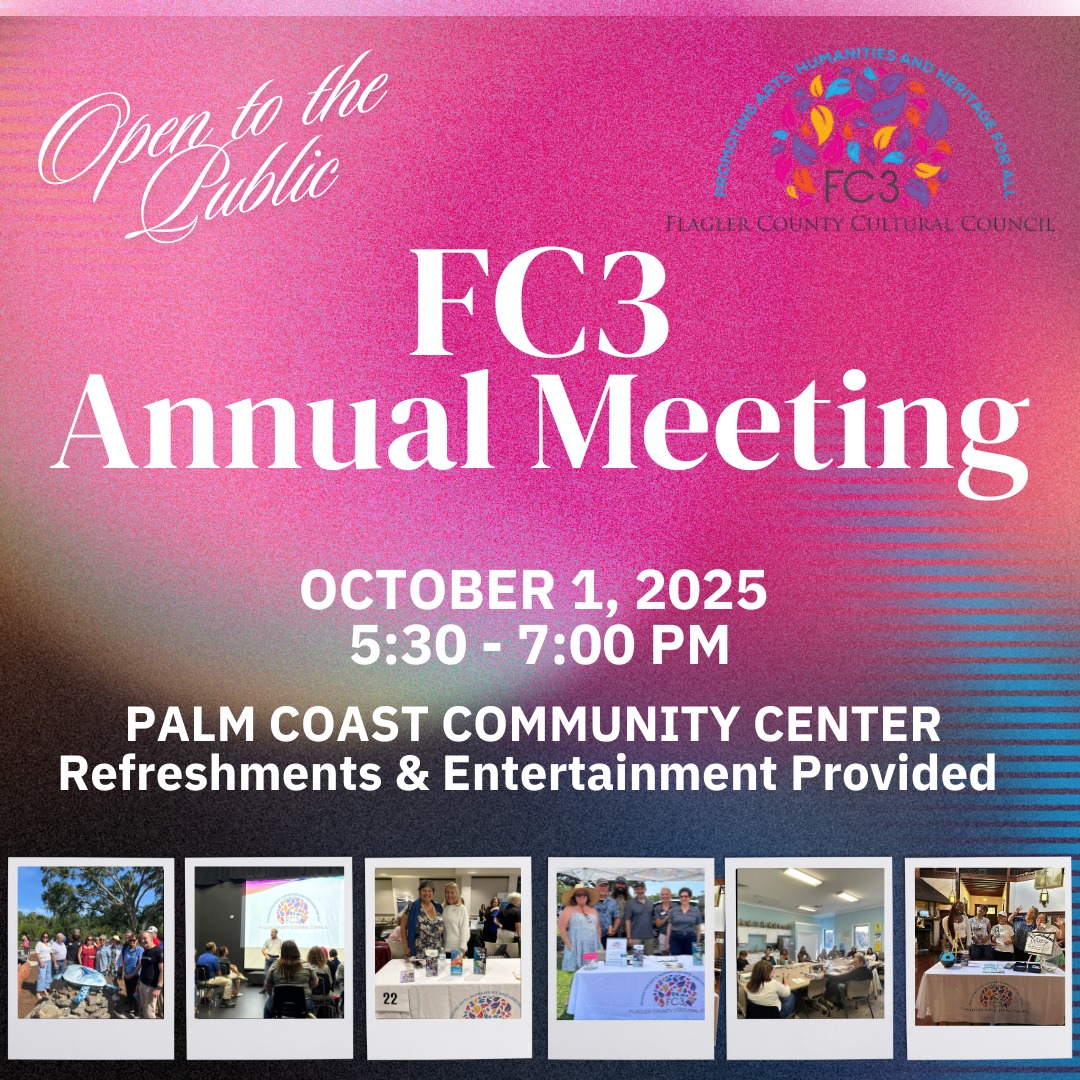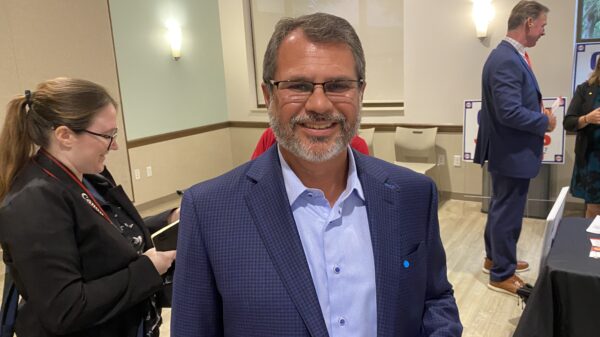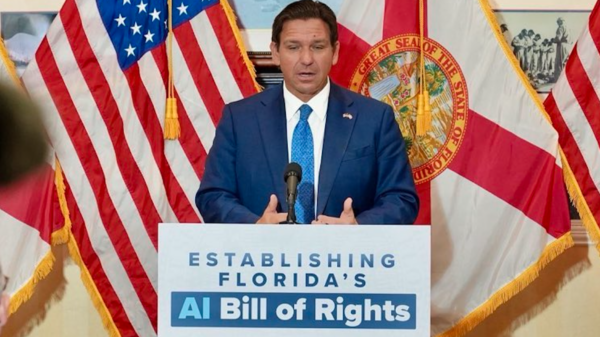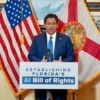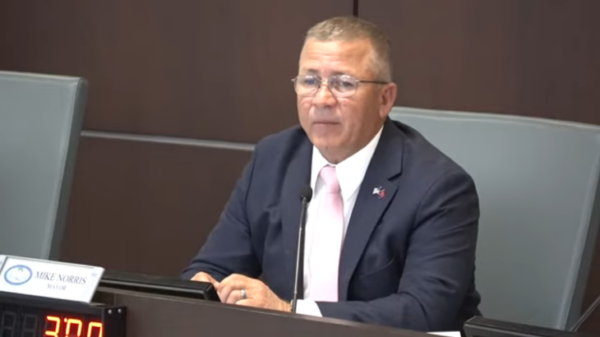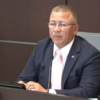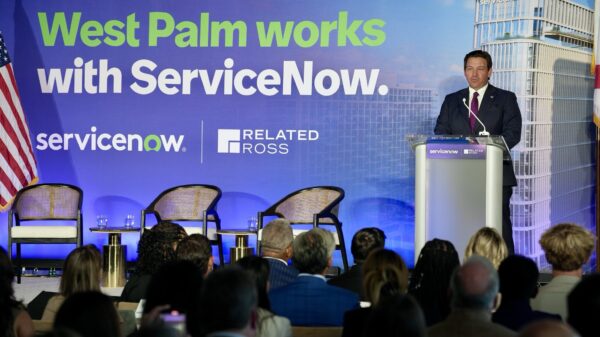Florida Gov. Ron DeSantis is eager to have the state legislature take action on property taxes. Even if it means calling a special session to do so. DeSantis commented this week while at the Jacksonville International Airport that he’s eager to see the Republican-controlled legislature move the needle on property taxes before the midterm election cycle begins in August 2026.
The next regularly-scheduled legislative session is set to take place from January 13th to March 13th, 2026. DeSantis has the authority to call a special session outside of that date by proclamation, as do the Florida Senate president and Florida House Speaker. The Florida legislature can also enact its own special session by petition.
The 2025 legislative session ended without definitive movement on property taxes. It’s not immediately clear how ambitious DeSantis is feeling, but he seems poised for bold action. “I’m not just doing this to, like, go around and crow on property tax,” he said. “I want to see something big enacted.”
As for the timing, DeSantis isn’t shying away from the political benefits of a special session. Were he to call one after the regular session, it would be fresh in voters’ minds when voters head to the ballot box in 2026. “We could potentially have a special session on property tax right in the middle of the Republican primary season in July or August,” he added. DeSantis’ second and final term as governor will expire with the general election in November next year.
One cause for DeSantis’ increased angst on the issue may be a divide between himself and the House Select Committee on Property Taxes. The committee, which is overwhelmingly Republican, hasn’t been in lockstep with DeSantis on how to execute property tax relief.
The House Select Committee on Property Taxes is made up of 34 Florida House representatives, plus Republican two co-chairs and one Democratic ranking member. 25 of these members are Republicans, and 9 are Democrats.
Florida’s effective tax rate for 2023 was listed as 0.74% by the Tax Foundation, a Washington-based political research nonprofit. This figure rose from 0.64% in 2022, putting Florida alongside Kansas and Nebraska as the only states in the union to see their rate increase by a tenth of a percent or more in that time frame.
Public schools in particular may be at risk if the state takes in less revenue from property taxes; they’re funded at around 47% by these taxes versus 53% from other state budgeting. This would land on top of what Florida’s public schools have already lost to private vouchers, with some counties losing up to tens of millions of dollars.
Chris Gollon is a Flagler County resident since 2004, as well as a staple of the local independent music scene and avid observer of Central Florida politics, arts, and recreation.


